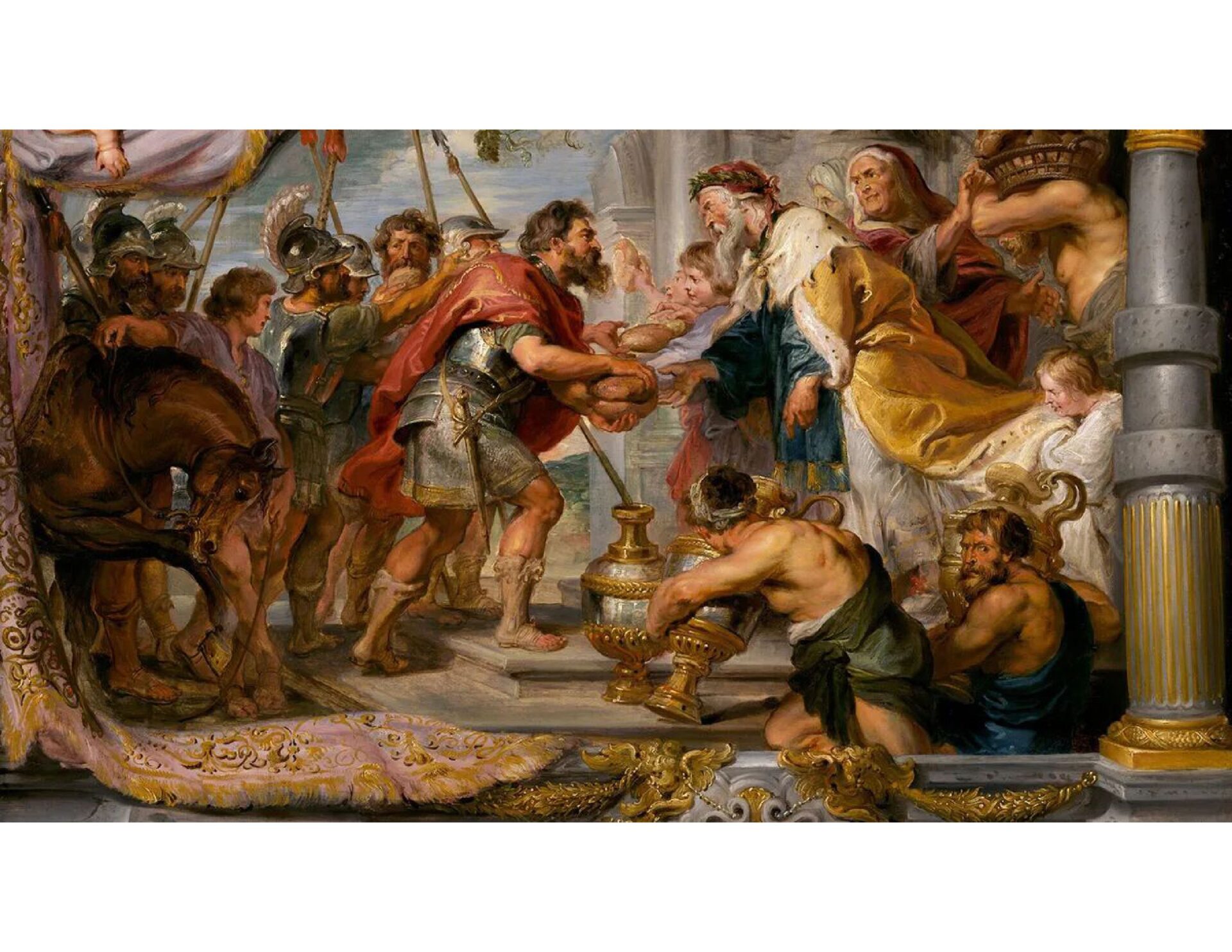Jesus’ ancient life has been a subject of scholarly debate for hundreds of years. While most historians verify that Jesus of Nazareth was a historical figure, a few scholars and writers advocate the “Christ fantasy theory,” suggesting that Jesus wouldn’t have existed as an ancient person. This raises a profound query: If Jesus never existed, can Christianity nevertheless preserve meaning?
This exploration delves into the consequences of a hypothetical state of affairs where Jesus did not exist, examining the foundations of the Christian religion, the function of historical figures in religious belief systems, and the potential for Christianity to maintain its importance without a historical Jesus.
The Christ Myth Theory: An Overview
The Christ Myth theory posits that Jesus did not exist as an ancient person but as a mythological figure. Proponents argue that the tales of Jesus are amalgamations of advanced mythologies and nonsecular narratives. They factor in similarities between the Jesus narrative and pre-existing myths, which include death and the growing gods in various cultures.
Critics of this theory spotlight the shortage of direct proof supporting the non-lifestyle of Jesus and emphasise the ancient references to Jesus in early Christian writings and external sources. Most students believe that Jesus was an ancient figure, even though interpretations of his existence and importance vary widely.
Christianity’s Foundations: Faith Beyond Historicity
Christianity is a religion-based faith primarily focused on beliefs, teachings, and spiritual experiences. The middle tenets of Christianity—along with love, compassion, forgiveness, and wish—go beyond ancient specifics. These concepts have stimulated limitless individuals and communities, shaping moral frameworks and societal structures.
If Jesus had been a mythological figure, the ethical and spiritual teachings attributed to him ought to hold profound meaning nonetheless. The narratives serve as motors for conveying moral truths and guiding ideas, like parables and allegories in diverse spiritual and philosophical traditions.
The Role of Myth in Religious Narratives
Mythology is essential in conveying complex ideas and values within nonsecular contexts. Myths aren’t necessarily falsehoods; they’re symbolic memories that explicitly convey crucial truths about the human condition, morality, and the divine.
The tale of Jesus—whether historical or mythological—functions as a powerful narrative that encapsulates sacrifice, redemption, and love. These subject matters resonate deeply with human studies and aspirations, presenting a framework for information and navigating existence’s challenges.
The Impact of Christianity on Culture and Society
Regardless of the historicity of Jesus, Christianity has undeniably shaped cultures, legal guidelines, art, and social norms at some stage in history. It has an impact on literature, tune, philosophy, and governance. The values propagated using Christian teachings have contributed to actions for social justice, human rights, and charitable endeavors.
The enduring legacy of Christianity suggests that its importance extends beyond whether Jesus never existed. The faith’s potential to encourage and empower people and societies underscores its intrinsic cost.
Faith and Personal Transformation
For many believers, the transformative strength of religion is a testament to Christianity’s means. Personal reports of religious growth, ethical improvement, and network belonging regularly stem from engagement with Christian teachings and practices.
These reports are valid and impactful, no matter the historical debates. The experience of reason, hope, and connection derived from religion can be profoundly significant, providing solace and direction in humans’s lives.
While the historical existence of Jesus is a subject of scholarly inquiry, the essence of Christianity lies in its teachings, values, and the lived studies of its adherents. The faith’s capability to carry profound truths, inspire moral conduct, and foster community shows that its meaning does not solely rely on the historicity of Jesus.
In thinking of the hypothetical scenario of Jesus never existing, it will become evident that the long-lasting relevance of Christianity is rooted in its capacity to address essential human issues and aspirations. Whether ancient or mythological, the narratives continue to provide guidance, comfort, and suggestions to countless people worldwide.
